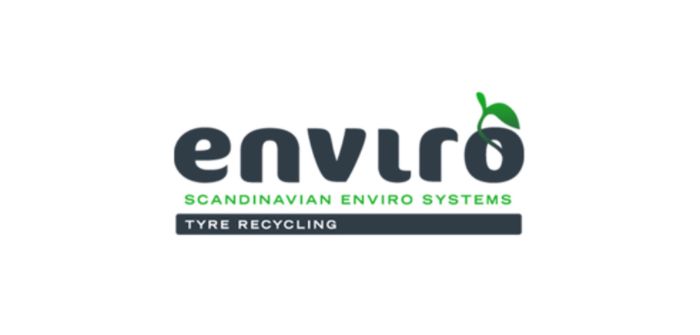For over a year, Scandinavian Enviro Systems has been negotiating with Danish company WindSpace, EE-TDF Cleveland in the US, and Canadian company Treadcraft concerning the construction of numerous tire recycling plants, which will be outfitted with Enviro’s tire recycling technology.
The previously communicated deadline for when the agreement was to be completed has now passed, but according to the company this will not affect the outcome of the negotiations or the possibility of opening these plants.
In May last year Enviro signed an MoU with WindSpace detailing plans for the construction of a joint venture pyrolysis plant in Denmark within 18 months.
“Since then, WindSpace has signed a lease for an empty plot in Nyborg Harbor. It also submitted applications for both building and environmental permits. We still need to agree on the financing scheme and the details of the contract,” Thomas Sörensson, CEO of Enviro revealed.
Enviro signed an MoU in December 2018 with EE-TDF Cleveland concerning the establishment of several tire recycling plants in the US market, the first of which would be established at EE-TDF’s existing site in Texas. According to the plans originally communicated, the parties were to sign a binding contract within three months and the first project was to begin in the second quarter of this year.
Meanwhile Enviro also signed an MoU with Treadcraft at the end of June last year with a six-month deadline. This agreement was then extended by another six months in December 2018 when both parties made the decision to investigate the possibility of establishing a joint venture. The collaboration with Treadcraft pertains to the establishment of a jointly owned recycling plant in Buffalo, New York.
According to Sörensson, the fact that no final agreement has been reached before the previously communicated deadlines in both cases is not due to a lack of interest in establishing the plants.
“Since the initial contacts were signed, we have changed our strategy and business model, and we are now investing becoming part owners in new plants to capitalize on the revenue streams they generate. This means that our contract negotiations are a little more complicated, but also that we need to settle a number of financial questions before we can establish a final contract.
Dates for when the company believes the contracts will be ready have not been released.
“There are many aspects that have to be considered before we’re ready and we must, of course, carefully evaluate which projects provide the best long-term conditions for us and which we should therefore invest in. However, all the parties involved are still highly interested in finalizing the contracts, due in no small part to an increased environmental awareness and greater need for recycled limited resources. These are driving factors that only make our company and our technology all the more interesting and relevant.”



